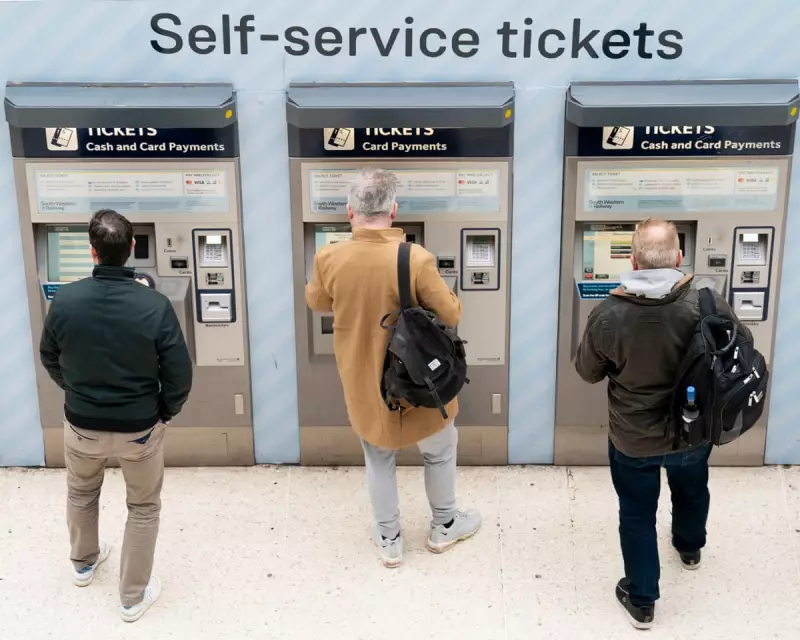
Commuters across England are set for a severe financial blow as the government confirms rail fares will surge by up to 4.9% from next March. The hike, which is tied to July's Retail Prices Index (RPI) measure of inflation, will pile further pressure on households already grappling with the highest cost of living in a generation.
The Real Cost for Daily Commuters
The decision means the price of an annual season ticket from a major commuter belt into London could skyrocket by well over £200. For example, a passenger travelling from Brighton to the capital could see their annual pass increase by a staggering £250. This represents the most significant jump in rail travel costs since before the pandemic.
Government Defends Unpopular Decision
The Department for Transport (DfT) has justified the increase as a necessary measure to fund vital investments and modernisation across the network. A government spokesperson stated, "This balanced decision ensures we can continue to invest in Britain’s railways, improving services for the benefit of all passengers and taxpayers."
Backlash from Campaigners and Passengers
Consumer groups and transport watchdogs have reacted with fury, branding the increase a "bitter pill" for passengers who continue to experience unreliable and often substandard service. Many argue that commuters are being punished for the industry's failures and that the hike is profoundly unfair without a demonstrable improvement in performance, punctuality, and comfort.
A Deeper Look at the Figures
The 4.9% rise is calculated using the RPI inflation rate for July 2024, a controversial measure that many economists believe is outdated and no longer accurate. Critics have long argued that using the typically lower Consumer Prices Index (CPI) would be a fairer method for calculating annual fare changes, a move that would save the average commuter a significant amount of money each year.
What Comes Next?
With the final confirmation expected later this year, passenger groups are mounting pressure on the government and train operators to justify the value for money. The debate is set to intensify as the March 2025 implementation date approaches, putting the cost and quality of Britain's rail transport firmly back under the political spotlight.




